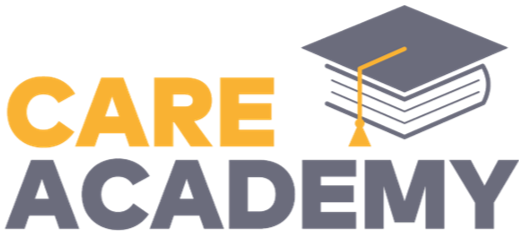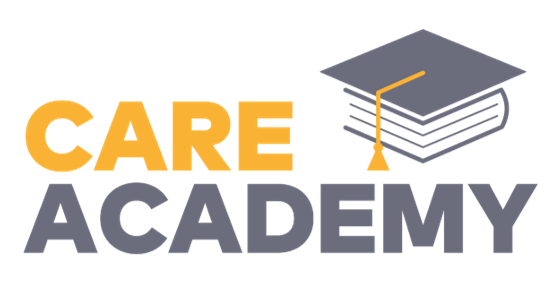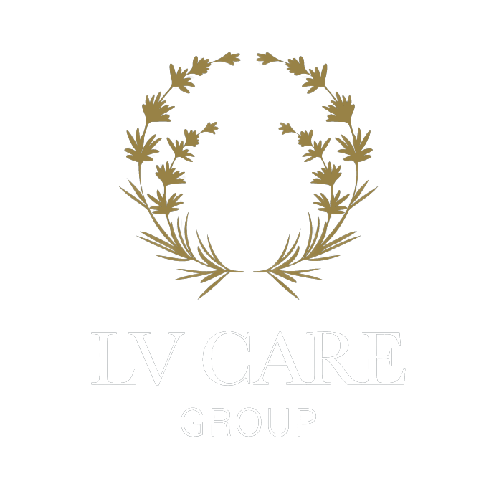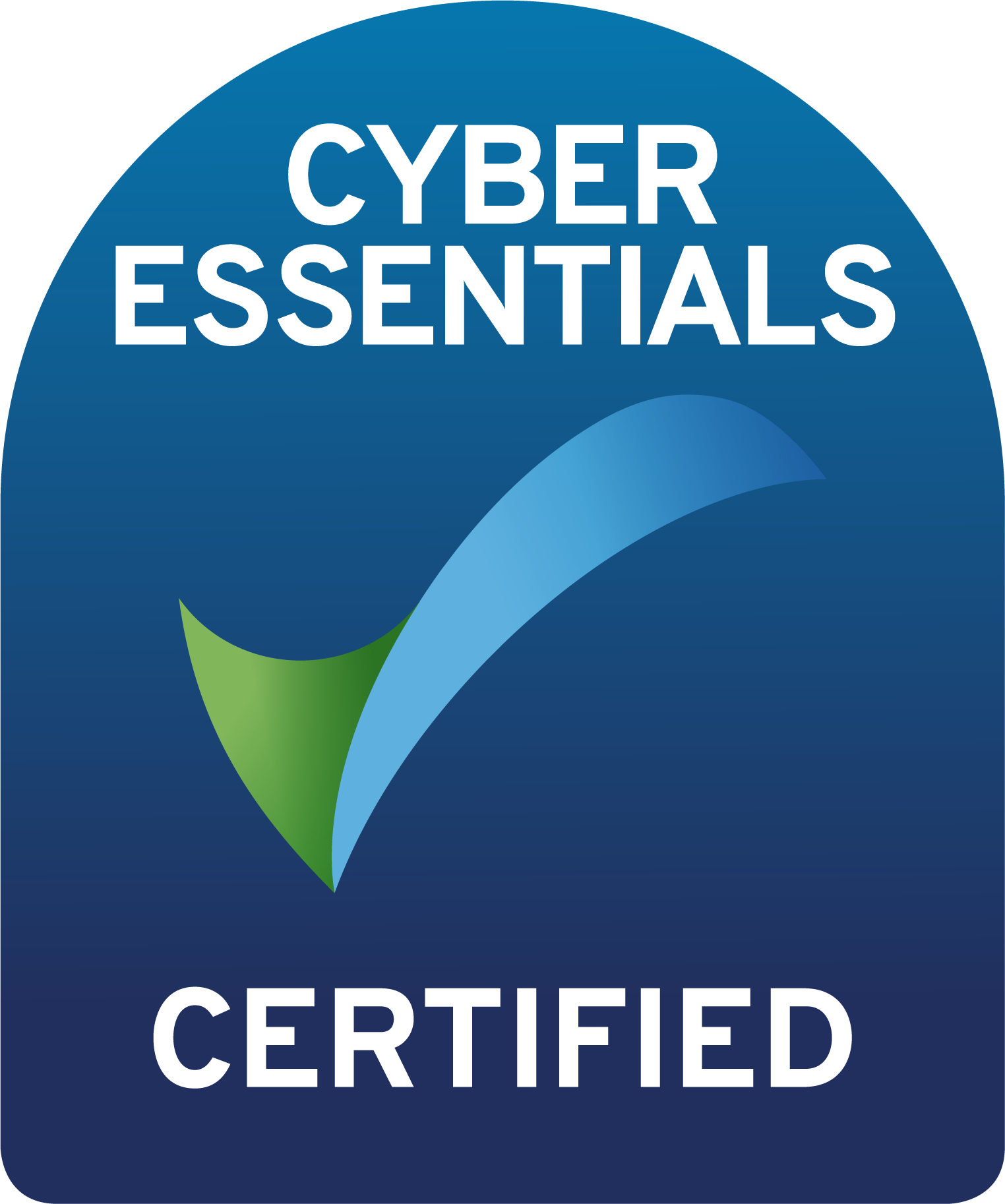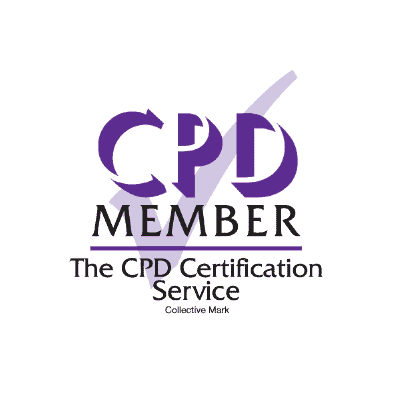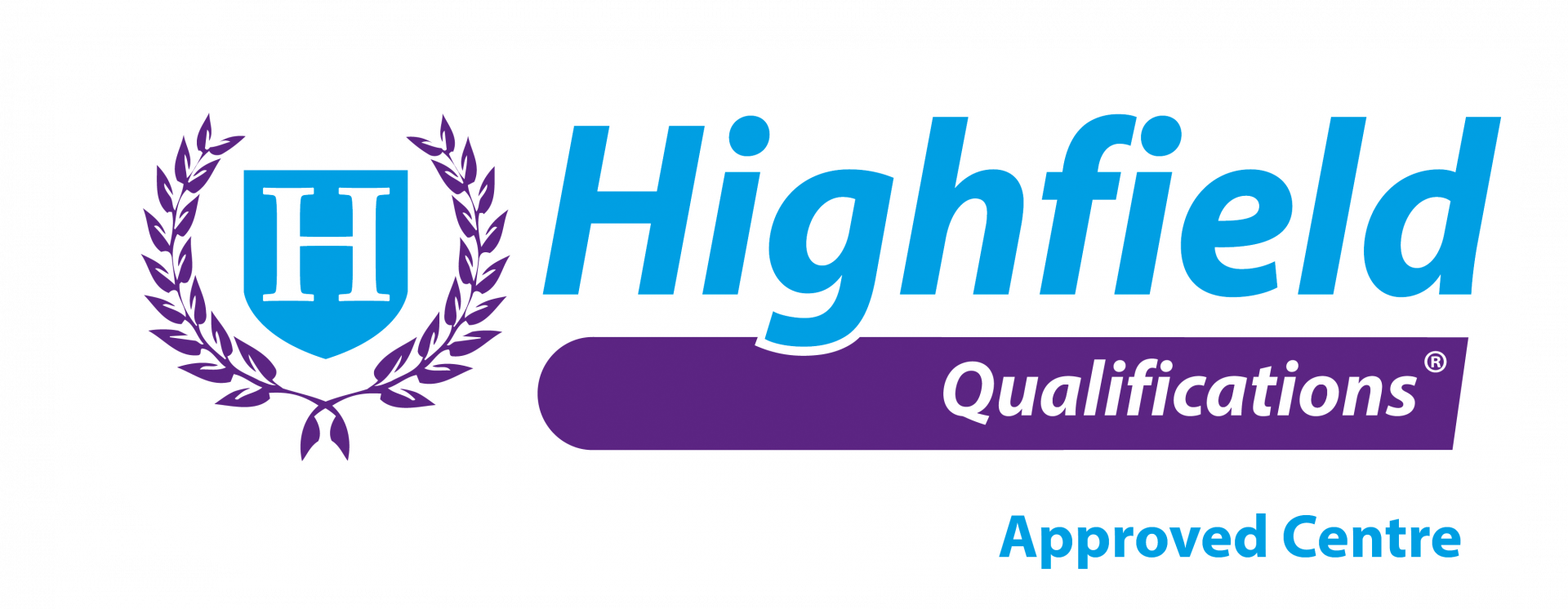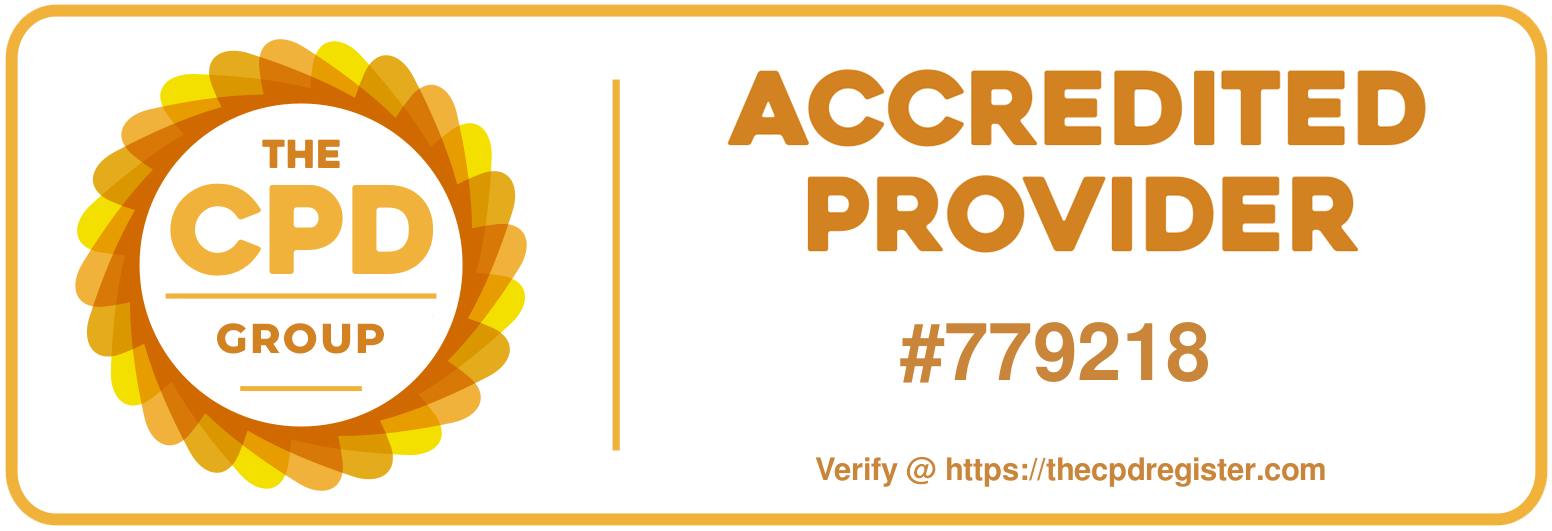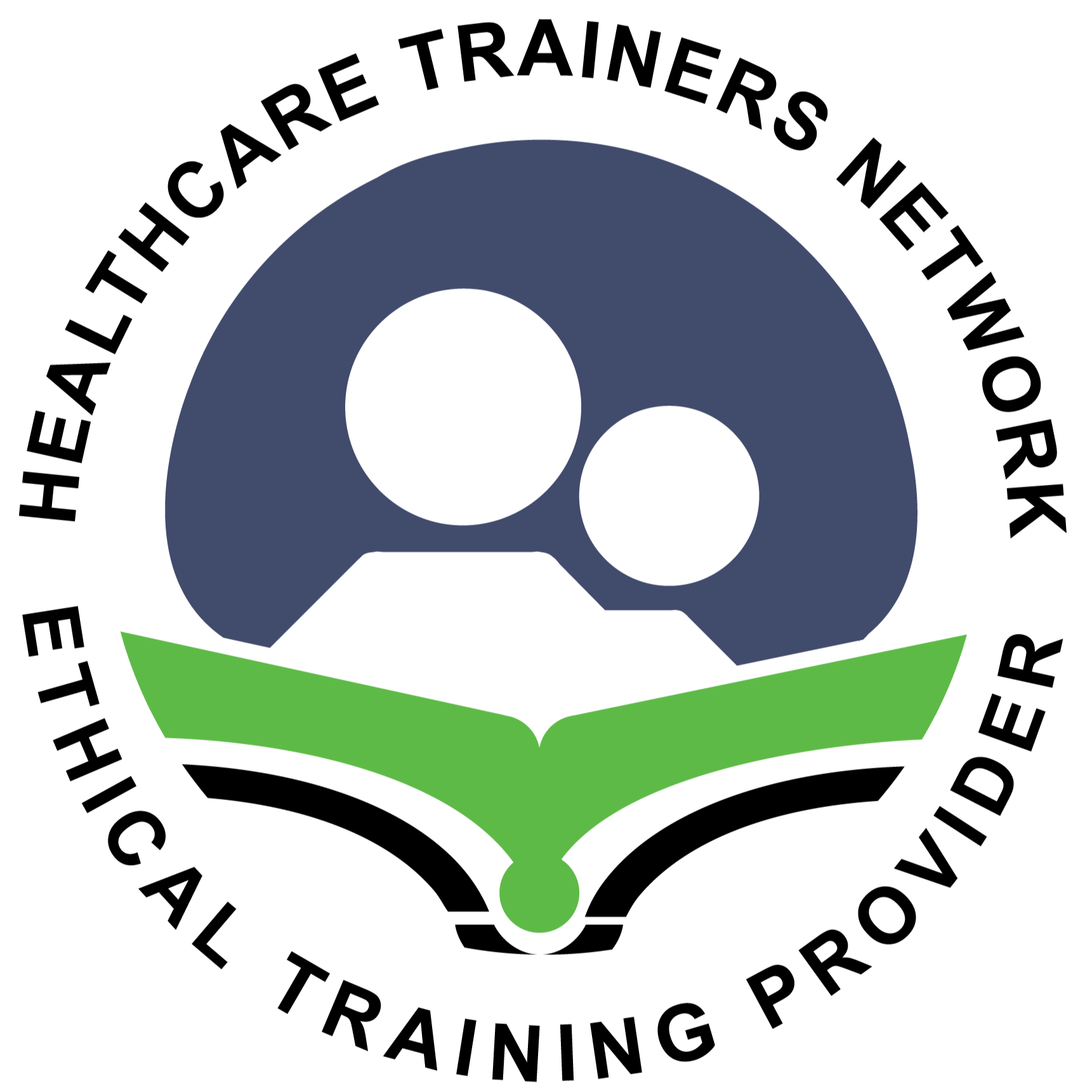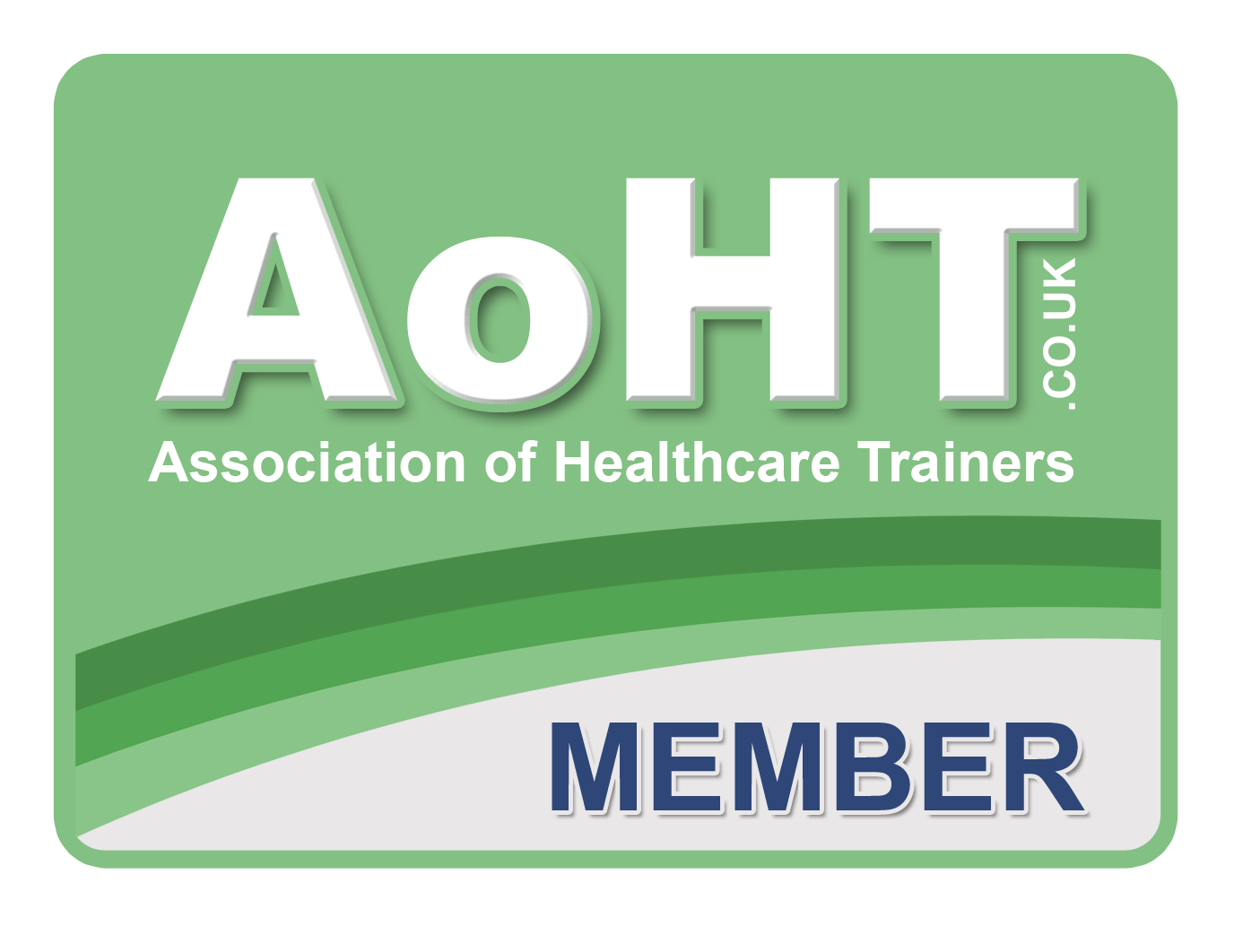Level 3 (RQF) Diploma in Adult Care
-
RQF Diploma
-
Level: Advanced
-
Study time: 580 hours
Complete your Level 3 (RQF) Diploma in Adult Care qualification with Care Academy
Regulated Qualifications Framework
Exclusive course content for those currently studying for the Level 3 (RQF) Diploma in Adult Care through Care Academy.
-
Assessment: This qualification is assessed via a portfolio of evidence. This qualification is worth 58 credits.
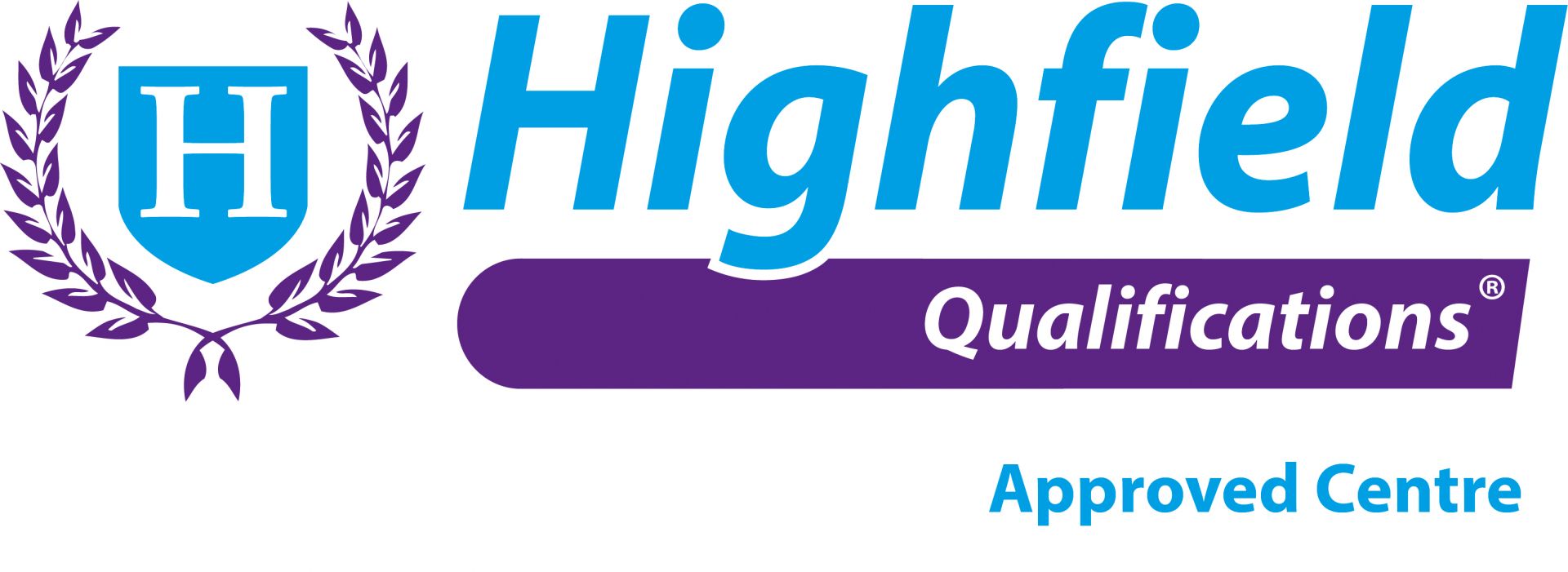
What's included?
-
Bespoke resources, including pre-recorded lessons which you can access at a time convenient to you
-
Tutor support
-
Numerous additional resources
-
12 optional units to choose from
Qualification
On completion of the course, you will gain a Level 3 (RQF) Diploma in Adult Care qualification.
You will have 12 months to complete this qualification.
You will have 12 months to complete this qualification.
Assessment
This qualification is assessed via a portfolio of evidence. You will be required to undertake theory and practical assessments to complete your portfolio of evidence.
This qualification is worth 58 credits.
This qualification is worth 58 credits.
Mandatory Units
- All learners are required to undertake the same 9 mandatory units.
- These units total 28 credits.
- Mandatory units have a mix of theory and practical skills for successful completion.
Optional Units Available
Unit 15: Understand the role of communication and interactions with individuals who have dementia – 3 credits
GLH: 26
Level: 3
This unit provides the underpinning knowledge required to develop therapeutic relationships with individuals with dementia based on interactions and communication.
Level: 3
This unit provides the underpinning knowledge required to develop therapeutic relationships with individuals with dementia based on interactions and communication.
Unit 18: The principles of infection prevention and control – 3 credits
GLH: 30
Level: 2
To introduce the learner to national and local policies in relation to infection control; to explain employer and employee responsibilities in this area; to understand how procedures and risk assessment can help minimise the risk of an outbreak of infection. Learners will also gain an understanding of how to use PPE correctly and the importance of good personal hygiene.
Level: 2
To introduce the learner to national and local policies in relation to infection control; to explain employer and employee responsibilities in this area; to understand how procedures and risk assessment can help minimise the risk of an outbreak of infection. Learners will also gain an understanding of how to use PPE correctly and the importance of good personal hygiene.
Unit 32: Diabetes awareness – 6 credits
GLH: 46
Level: 3
Level: 3
Unit 34 – Stroke awareness – 3 credits
GLH: 28
Level: 2
The aim of this unit us to provide an understanding of the different types of stroke, signs and symptoms and effects on individuals.It will also help learners to gain knowledge of the response needed in the event of an emergency stroke incident, managing stroke and the support available following stroke.
Level: 2
The aim of this unit us to provide an understanding of the different types of stroke, signs and symptoms and effects on individuals.It will also help learners to gain knowledge of the response needed in the event of an emergency stroke incident, managing stroke and the support available following stroke.
Unit 36: Understand the factors affecting older people – 2 credits
GLH: 17
Level: 3
The purpose of this unit is to provide the learner with introductory knowledge surrounding the challenges affecting older people.
Level: 3
The purpose of this unit is to provide the learner with introductory knowledge surrounding the challenges affecting older people.
Unit 38: Understand how to support individuals during the last days of life – 3 credits
GLH: 28
Level: 3
The purpose of this unit is to provide the learner with introductory knowledge about the principles of support during and after the last days of life, looking at impacts on the individual and others and how to manage own feelings.
Level: 3
The purpose of this unit is to provide the learner with introductory knowledge about the principles of support during and after the last days of life, looking at impacts on the individual and others and how to manage own feelings.
Unit 45: Support individuals who are substance misusers – 7 credits (only available for staff working at Rosemary Cottage)
GLH: 30
Level: 3
This unit is for those who support individuals who are substance users by enabling them to adopt safe practices, providing care and support following an episode of substance use and supporting individuals’ efforts to reduce or cease substance use. Substances would include alcohol, opiates, hallucinogenics, amphetamines, cannabis, prescribed medication, solvents and other volatile substances; their use may be experimental, recreational or dependent.
Level: 3
This unit is for those who support individuals who are substance users by enabling them to adopt safe practices, providing care and support following an episode of substance use and supporting individuals’ efforts to reduce or cease substance use. Substances would include alcohol, opiates, hallucinogenics, amphetamines, cannabis, prescribed medication, solvents and other volatile substances; their use may be experimental, recreational or dependent.
Unit 55: Administer medication to individuals and monitor the effects – 5 credits
GLH: 30
Level: 3
This unit is for those who prepare for, administer and monitor the effects of medication on individuals. The unit applies to all medication used for and by individuals, both prescribed and non-prescribed.
Level: 3
This unit is for those who prepare for, administer and monitor the effects of medication on individuals. The unit applies to all medication used for and by individuals, both prescribed and non-prescribed.
Unit 62: Undertake agreed pressure area care – 4 credits
GLH: 30
Level: 2
This unit covers providing care to maintain healthy skin and prevent skin breakdown, by undertaking pressure area care in accordance with an individual’s care plan and risk assessment.
Level: 2
This unit covers providing care to maintain healthy skin and prevent skin breakdown, by undertaking pressure area care in accordance with an individual’s care plan and risk assessment.
Unit 132: Leadership and management in adult care – 2 credits
GLH: 9
Level: 4
Level: 4
Unit 133: Team leadership in adult care – 2 credits
GLH: 9
Level: 4
Level: 4
Unit 141: Contribute to effective team working in health and social care settings – 4 credits
GLH: 25
Level: 3
Level: 3
The Awarding Body
Highfield Qualifications
Highfield is a global leader in compliance and work-based learning and apprenticeship qualifications and one of the UK’s most recognisable awarding organisations.
As such, they’re regulated by Ofqual, Qualifications Wales, SQA Accreditation, the Council for the Curriculum, Examinations and Assessment (CCEA), and the Security Industry Authority (SIA). In addition to this, they’re also a government-regulated end-point assessment organisation (EPAO).
Highfield's qualifications are now delivered by over 20,000 trainers and training providers spread across 50 countries, covering a wide variety of sectors.
As such, they’re regulated by Ofqual, Qualifications Wales, SQA Accreditation, the Council for the Curriculum, Examinations and Assessment (CCEA), and the Security Industry Authority (SIA). In addition to this, they’re also a government-regulated end-point assessment organisation (EPAO).
Highfield's qualifications are now delivered by over 20,000 trainers and training providers spread across 50 countries, covering a wide variety of sectors.
Write your awesome label here.
Got a question?
Check out our Help Desk for more information about our regulated qualifications.
